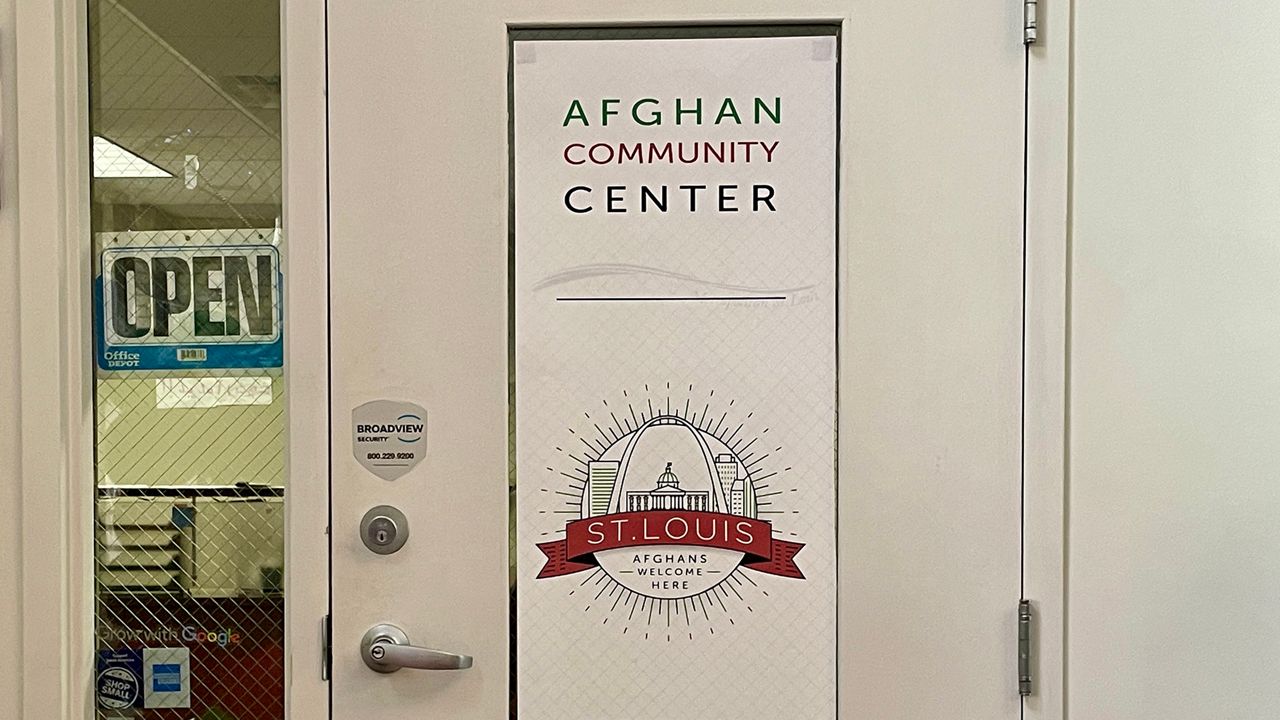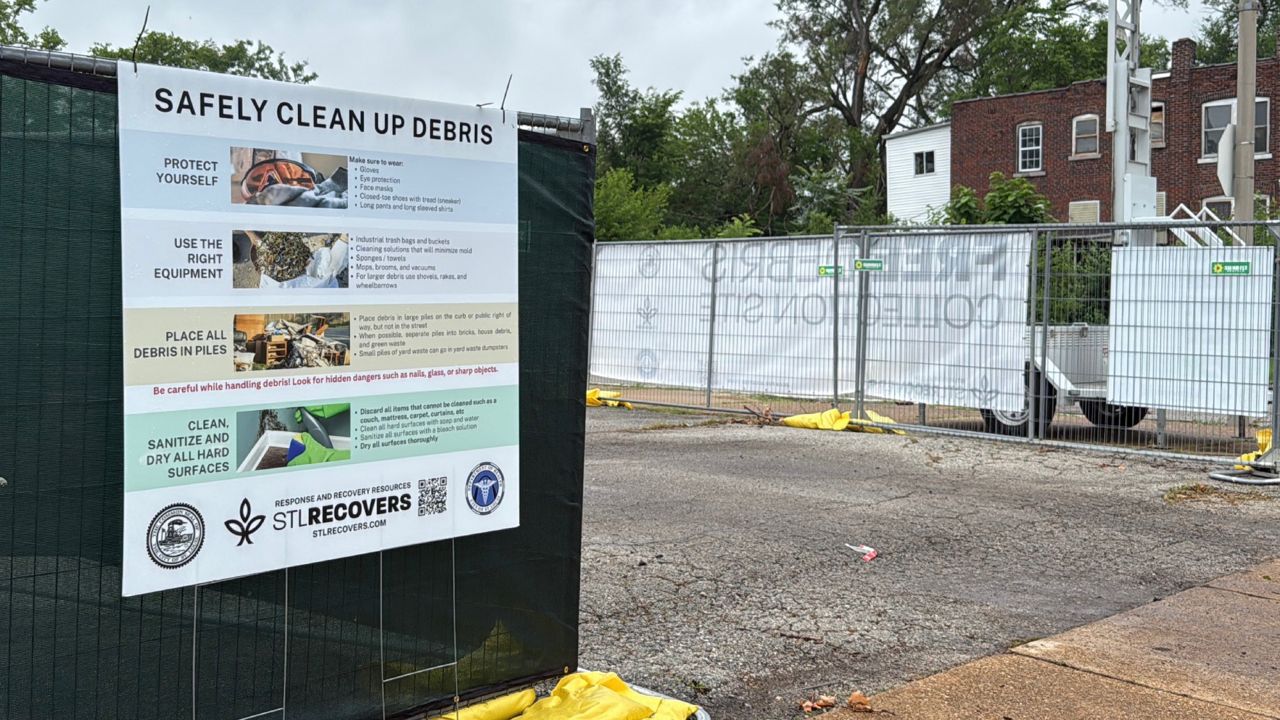ST. LOUIS — To bring more Afghan refugees to the region, Afghan Support Program officials have been traveling to cities around the U.S. to educate refugees and immigrants about St. Louis in hopes of them moving.
The Afghan Support Program, managed under the International Institute of St. Louis (IISTL), started more than a year ago with a purpose to meet the needs of Afghan refugees who are building a new life in St. Louis.
The program offers financial services, including up to six months of rent, competitive entrepreneurship grant opportunities, a variety of classes and more.
The U.S. Committee for Refugees and Immigrants (USCRI) has a cap of how many people IISTL can resettle in the region annually.
“That’s why we’re leaning into secondary migration to convince them to migrate themselves,” said Moji Sidiqi, Afghan Community Development program manager.
“So, we had to get creative in attracting folks to our city.”
Earlier this year, program officials went to Albania to promote St. Louis at an Afghan refugee camp and over the summer, they went to San Antonio and Houston, Texas.
“We’re going to densely Afghan populated cities around the country to tell them to move to St. Louis for the great reasons that we now love,” Sidiqi said.
While speaking with refugees and immigrants, program officials compare and contrast their current city to St. Louis in terms of cost of living, established communities and more, according to Sidiqi.
“Just giving them the facts and then leaving it up to them to decide,” she said.
Sidiqi mentioned that the response has “been a floodgate.”
“With these efforts, people are reaching out to us in the hundreds,” she said.
While there is interest in moving to St. Louis, Sidiqi said a problem is lack of housing.
“We need more places to house our new arrivals,” she said.
And with the launch of IISTL’s new Latino Outreach Program to attract Latin America immigrants to the St. Louis region, “we’re going to need to address this housing issue and we’re going to need to do it fast,” Sidiqi said.
She mentioned IISTL is in need of funding.
“We really need the community to help fund us so that we can have money to feed and house people,” Sidiqi said.
Officials also plan to travel to Nashville, Knoxville, Chicago, Kansas City, San Francisco, Los Angeles, Seattle, Denver, Queens, New York, Brooklyn, New York, Richmond, Virginia, Maryland and Washington D.C.
The city has created its first Office of New Americans that will streamline resources to incoming immigrants and refugees. Mayor Tishaura Jones recently appointed Gilberto Pinela to lead the new office.
In February, the Afghan Support Program opened the community center for Afghan individuals, families and refugees, located at 3611 South Grand, suite 105. The Afghan Chamber of Commerce and an Afghan publication called Akhbar St. Louis also debuted.
Since the launch, the community center has been a place for classes such as a business startup seminar, permit and driver’s license classes, an empowering women's workshop and more, according to Sidiqi.
A seminar called “Navigating the Real Estate Market for First Time Home Buyers” is set for Oct. 24. In the works are English classes.
Thanks to a $1.7 million grant, Bilingual International Assistant Services will have staff operating out of the Afghan community center to provide mental health and other services to Afghan refugees and survivors of combat, according to Sidiqi.
There will be a full-time manager, four full-time case workers, and two therapists.








